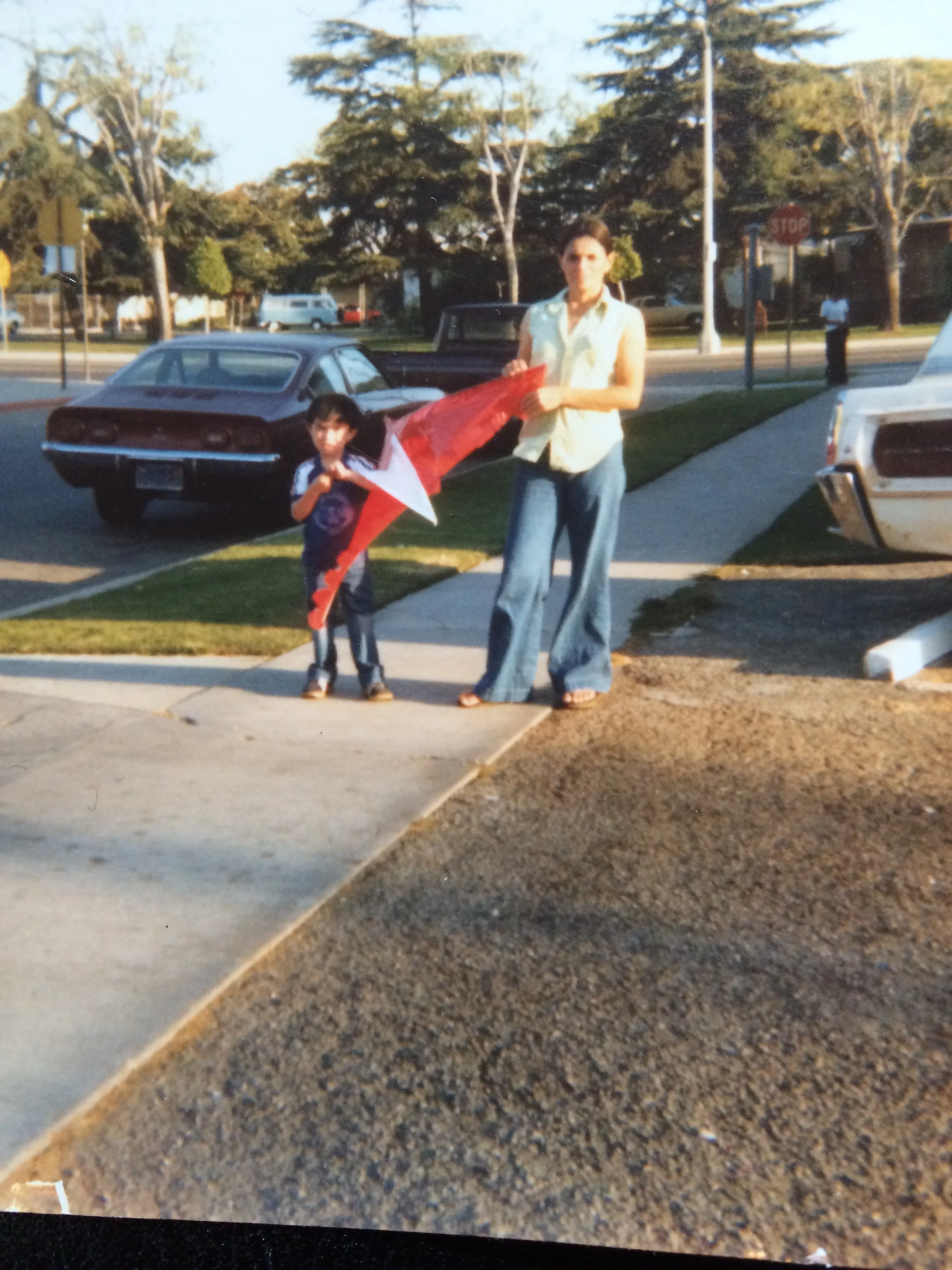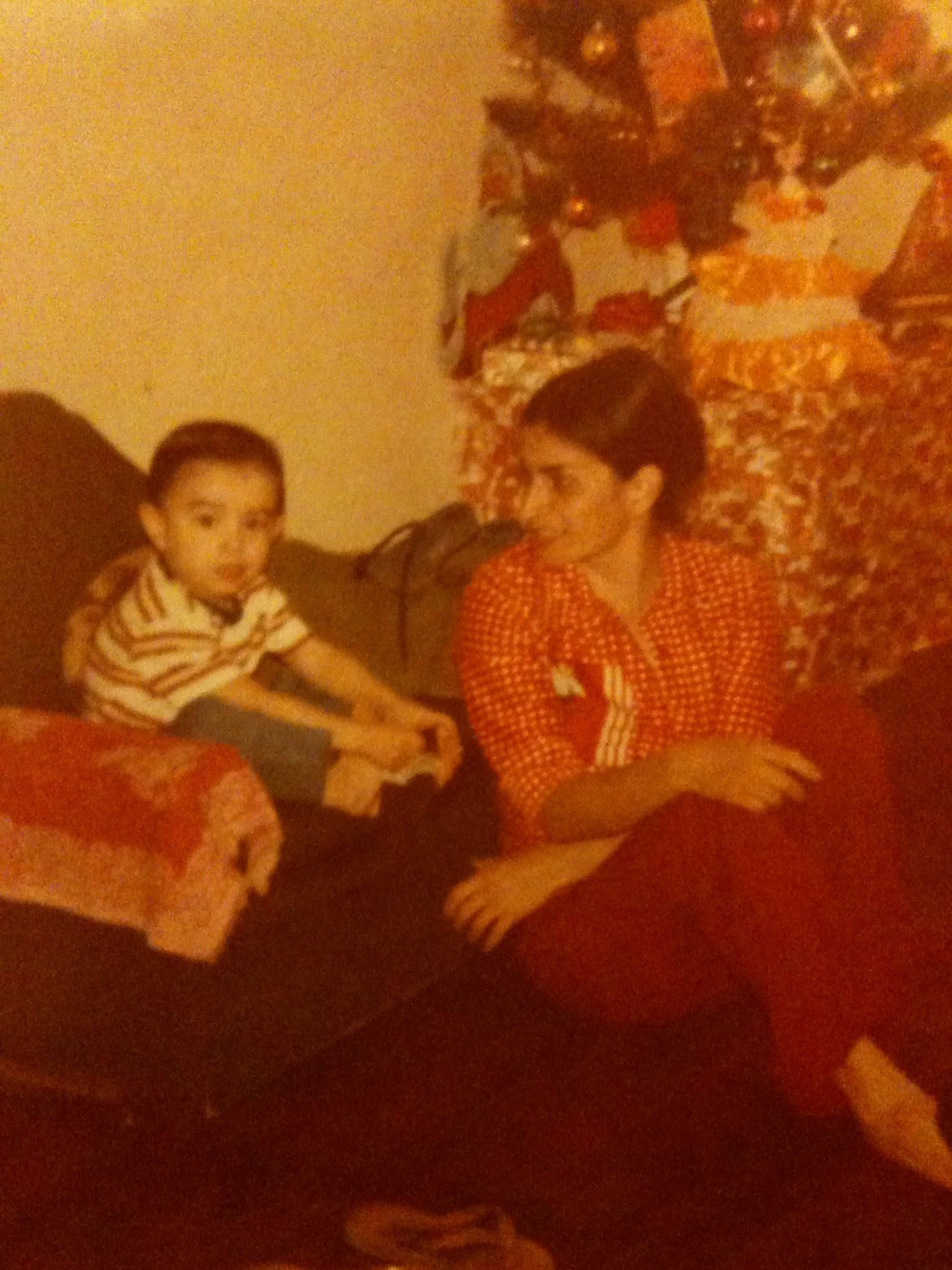Many people in society learn about the world and how to live in it from the characters they encounter in film or literature. For many it is the only way they learn how to navigate the world. For example, historically, single parents in literature and on-screen have been portrayed unfavorably, (e.g. Fyodor Karamozov in Dostoevsky’s classic The Brothers Karamazov, Arthur Miller’s Hester Prynne in The Scarlet Letter, Joan Crawford in the film Mommie Dearest or Margaret White in Carrie.) In contrast to the portrayals I encountered growing up, my mother—a single parent—was caring and kind in raising my two older sisters and me. My mother immigrated to the United States in the mid-1970s from Costa Rica—one of the most literate countries in Latin America—and it was she who always told me that an education was the greatest gift I could give myself.
My journey in the educational system has been long, or longer than that of most Latinos; less than one percent of Latinos in the U.S. hold a PhD and even fewer hold tenure-track positions in academia. It was my mother’s insistence on being educated that led me to believe I had no choice but to turn to the educational system to succeed in the world. But the path to success wasn’t always clear. Much like my mother when she moved from Costa Rica to Los Angeles, I charted new territory, something I thought I would have to figure out on my own.
When I was seventeen, I was somewhat interested in literature—my interest was sparked after reading Fyodor Dostoevsky’s Crime & Punishment. Raskolnikov's anxiety reminded me of my own fear of being discovered as a queer boy in the conservative community in which I lived. The City of Bell was a lower working-class neighborhood; most families were Catholic or evangelical Christians. There was little opportunity and many of the kids I grew up with either dropped out of school to work or were indifferent to learning. Some joined gangs and others started families at young ages.
There were many of us who stayed in school but mostly out of habit, or for the free meals, or for the friendships. For me it was an unhappy place. I encountered constant name calling (faggot, maricón, joto, pervert) and physical threats of violence between classes in the hallways or in the schoolyard. And though I found some relatable moments in literature, I came to feel that my story was nothing like the stories I read.
So, I turned to science. Science always seemed like magic. If this world was possible then there must be another world where none of these anxieties existed—a parallel universe. It wasn’t until I enrolled in a physics class that I began to understand the intricacies of the material world around me. I would learn that this was called quantum mechanics. But my interest in the behavior of the world wasn’t going to allow me to escape the homophobia and harassment I encountered daily. As a sexually ambivalent teenager, I needed to escape the ugliness. The only beauty I found was in my imagination—in the letters and poems I had begun to write.
It was the act of writing that saved me from destroying myself. Though I was a good student when I wanted to be, I was emotionally adrift. Toward the fall semester of my final year of high school, I wasn’t sure if I would go to college. I had become addicted to drugs and alcohol. Still, school was the only thing that kept me from being sent to a juvenile detention center. Even so, I only attended classes I was passionate about: English and physics. The rest of the time I would retreat to a park down the street from my high school and fill up pages of a notebook with my poetry. A few years earlier, I had become a reader of poetry—Donne, Shakespeare, Wordsworth, and Keats—and I started keeping a notebook then to write my own poems. Years later, I developed a habit of writing and smoking cigarettes between classes .
I knew I had to get away from the City of Bell but I didn’t know how to leave. I wanted to apply to college but the cost of application fees made it difficult. It was then that my English teacher, Lucila Dypiangco encouraged me to submit to the Inaugural Cesar Chavez Essay/Poetry contest sponsored by the Los Angeles Times. She even offered me extra credit. Lucila Dypiangco was an immigrant and a mother. She was like the caring and kind women I had known my entire life. In her I saw my own mother—a woman who believed in the educational system as a path to empowerment.
The Los Angeles Times contest was open to Spanish and English language submissions and it offered prize money to the top three winners in each language, enough to cover a college application fee. Mrs. Dypiangco talked about the ways in which writing created opportunities to see the world. Her students had travelled to Singapore, Europe, and across the country by winning writing contests sponsored by corporations. It was my chance to escape. My mother’s strength and dedication had set me on this path, and now Mrs. Dypiangco was showing me the way. Here was an opportunity to put all those years of writing in my notebook to use and I had nothing to lose.
I submitted to the contest without telling Mrs. Dypiangco. I sent the submission in myself. I worked on the poem for about a week, revisiting and revising it. The poem was about a migrant worker who witnesses his brother dying in the fields from exhaustion. He is forced to continue working while his brother’s body is hauled away. He never sees his brother again. The poem is in the voice of a worker who reflects upon the struggles of working in the fields and his disillusionment with America. Months after submitting the poem I learned I had won first place. It was the first time anyone had recognized my literary talent. I was incredibly proud of having written the poem and I was happy to see my English teacher made proud by my achievement.
Photo credit: Lucila Dypiangco
Lucila Dypiangco continued to teach for decades. She raised children with her husband while caring for and teaching her students to be analytical readers and critical thinkers. She took pride in sharing the stories of her past students’ successes in order to offer students positive portrayals of those who were like them, to offer them hope, to give them models for achievement. She created connections between education and careers and her unequivocal support and encouragement led me to where I am today.
It matters when someone who looks like you or shares characteristics like your own believes in you. Over the years, I have had many mentors—professors and writers—who have guided me on the path to success in academia and publishing, but it was an immigrant woman who believed in her students as if they were her own children who made the biggest impact.
Ruben Quesada is the author of Next Extinct Mammal and Exiled from the Throne of Night. His writing appears in Guernica, Boaat, Rattle, The California Journal of Poetics, The Rumpus, The American Poetry Review, Cimarron Review, Superstition Review, and elsewhere. Find him on Twitter: @rubenquesada.



